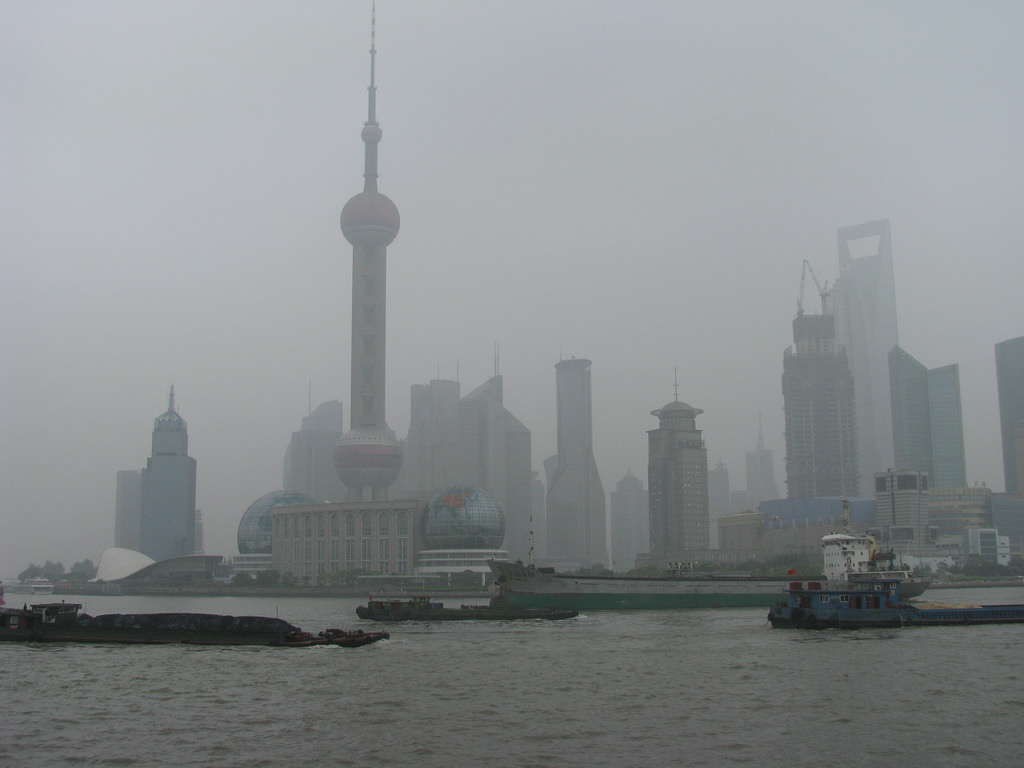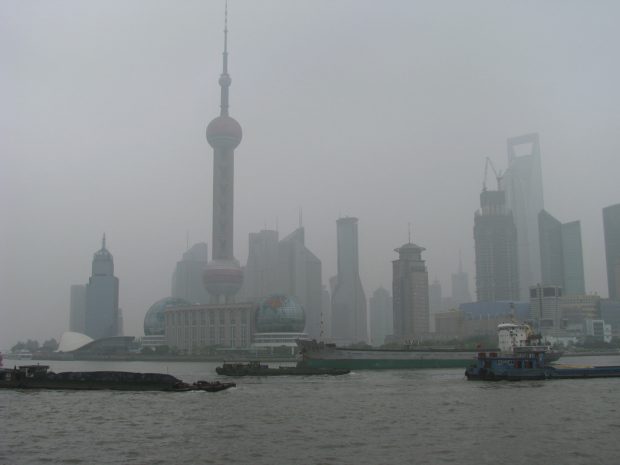
Seoul seeks to widen cooperation with Beijing to fight fine dust pollution
South Korea’s government said Thursday it will push to team up with China to take emergency measures on reducing fine dust. Environment Minister Cho Myung-rae, announcing the government’s special measures to fight fine dust pollution, said Seoul will ask Beijing to conduct a joint artificial rain experiment over the sea between the two countries this year to help reduce dust levels in the region. “In order to ease public concern about external dust particles, the government will cooperate with China in tackling high-density fine dust,” Cho said in a news conference at the Seoul Government Complex.
Cho and his Chinese counterpart, Li Ganjie, held talks in Beijing on Feb. 26 and agreed to exchange weather forecast information and technology to establish an early warning system for fine dust. The two ministers also agreed to exchange artificial rain technologies and to conduct joint research on the origins of air pollutants and reducing fine dust pollution in Northeast Asia. China is known as one of the world’s leaders in the field of artificial rain, along with the United States.
Under the agreement, South Korea will seek to conduct a joint experiment with China by year’s end to artificially make rain over the Yellow Sea, the minister said. South Korea’s own artificial rain experiment over the Yellow Sea, held Jan. 25, ended in failure. If heavy concentrations of fine dust are observed, the two countries will share information on each other’s dust-reduction measures and launch concerted efforts to fight air pollution under the agreement. Seoul also plans to hold a joint workshop with Beijing during the first half of this year to discuss ways to share meteorological information in relation to the move to establish an early warning system. If the early warning system goes into operation next year, reliable fine dust forecasts will be possible two to three days in advance and the accuracy of weekly forecasts will be heightened, the minister explained.
Domestically, the government will take stronger countermeasures against fine dust pollution, including expanding the operation of water spray trucks and closing more coal-fired power plants, the minister said. In addition, the government will install air-purifying facilities on top of schools and public buildings to gauge their impact on reducing fine dust levels.
The government will consider banning all state-owned and public vehicles from the roads if the emergency dust reduction measures are enforced for more than three consecutive days under the Special Act on Particulate Matter Reduction and Management, which took effect on Feb. 15 this year. At present, only the use of grade 5 emission vehicles, mostly diesel trucks, is regulated by the government’s emergency measures. The latest government countermeasures came after President Moon Jae-in ordered his government Wednesday to work with China to fight fine dust pollution. Moon instructed the government to discuss dust-reducing measures with China and look into the possibility of jointly creating artificial rain over the sea between the two countries.
(Yonhap)



